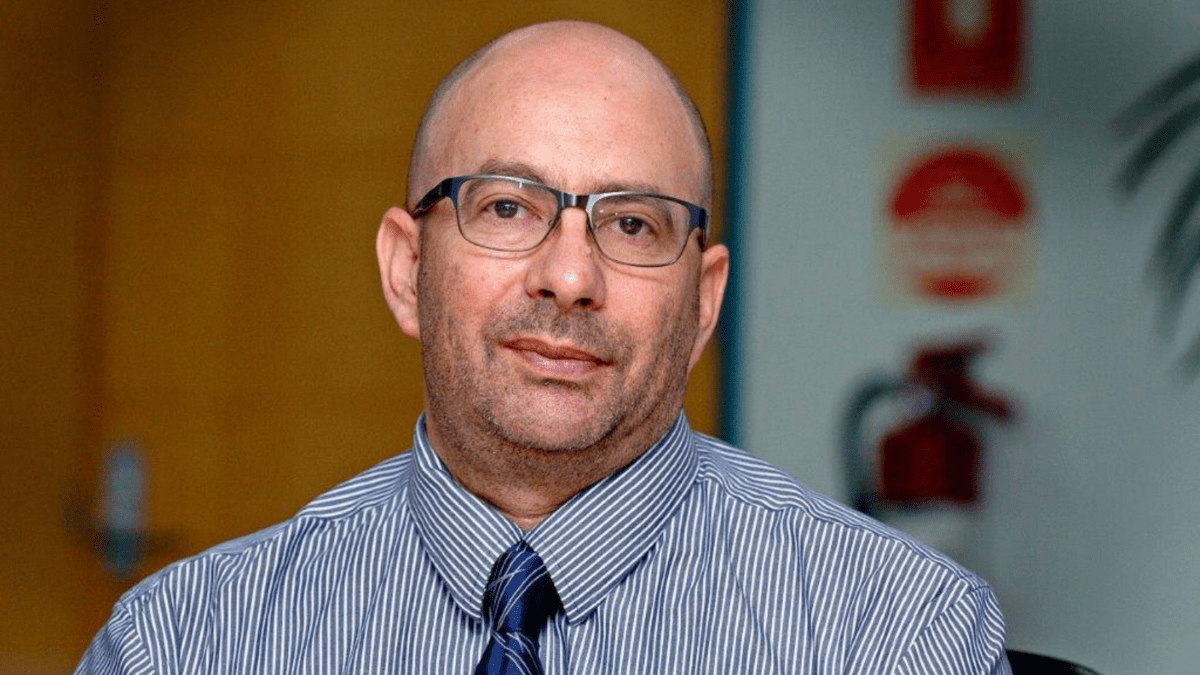Why super needs to speak with a louder voice on housing
When Scott Morrison announced, in the dying days of his government, a ‘new’ policy that would allow Australians to access their superannuation to purchase a house, the reaction was a collective eyeroll. With just one week before the election it was seen as a last ditch attempt to buy some votes by a political party on the skids.
Which it was. Then. Super for housing – or ‘Home First, Super Second’, which was what it was called when deposed Liberal backbencher Tim Wilson used to trot it out in economics committee hearings – is now a cornerstone of the Liberal Party platform. It’s still a stupid idea for all the reasons put forward every time it rolls back around (it’ll further inflate the housing market while draining the pool of retirement savings), but it’s a stupid idea that super funds are going to have to engage with.
That’s in part because of the housing crisis – which any young person will tell you is indeed a crisis – and in part because of the member engagement problem, which super funds are aware of mostly in an academic rather than practical sense.
At conferences and for newspapers, AustralianSuper boss Paul Schroder likes to identify how many members of the fund have a certain name. This is performed presumably as an example of the granular detail available to him and the rest of the executive. The problem is, of those 9915 members named Chris, how many of them know who Paul Schroder is? How many of them even know that their money is managed by AustralianSuper?
Because for all the industry talk about how our superannuation system is – rightly – the envy of the world, it’s not the pillar of the retirement system that people interact with the most. That would be voluntary savings, specifically the home. Superannuation is where Australians are forced to send 11 per cent of their income, a scheme administered largely by faceless money men and one that has little product differentiation. They mostly don’t interact with it except when receiving communications about the pile of money they aren’t allowed to spend until they retire. It is not the immediate, pressing need of a roof over the head or rising mortgage payments on the same. It exists in the ether.
As the dream of home ownership slips out of reach for many Australians, funds will have to convince them that their money is either better off in the ether or put some serious effort into making it work for them in the here and now. Potential solutions have included allowing members to use their balance as part of the equity assessment when they apply for a loan (which will still benefit higher paid workers) an expansion of the existing First Home Super Saver scheme (again, likely benefiting higher paid workers) and, of course, investing to increase the current housing stock.
This is not a problem that the super industry can solve alone. YFYS ties their hands on emerging asset classes like social housing (and the good you can do for members is curtailed by being forced to close), while de-risked co-investment opportunities are thin on the ground. But it is a problem they need to talk a lot more about, and more vocally. Income is the most pressing issue for the generation of superannuants approaching their golden years happily ensconced in a home of their own – but of the 9915 AustralianSuper members named Chris, how many will be spending their superannuation on rent?
It’s clear that Home First, Super Second has populist appeal. The new purpose of super is held up as one defence against any ‘raids’ that might be mounted on retirement savings, but it’s a flimsy defence. And while Scott Morrison’s policy was announced so late in the game partly to ward off a saturation scare campaign by Industry Super Australia, its ability to fight bad ideas is now limited by APRA’s (mostly justified) crackdown on spending.
If super funds refuse to engage with the debate, it will be settled without them – mainly by parties more concerned with political point-scoring than what ‘super for housing’ policies will do to the economy and retirement savings.










